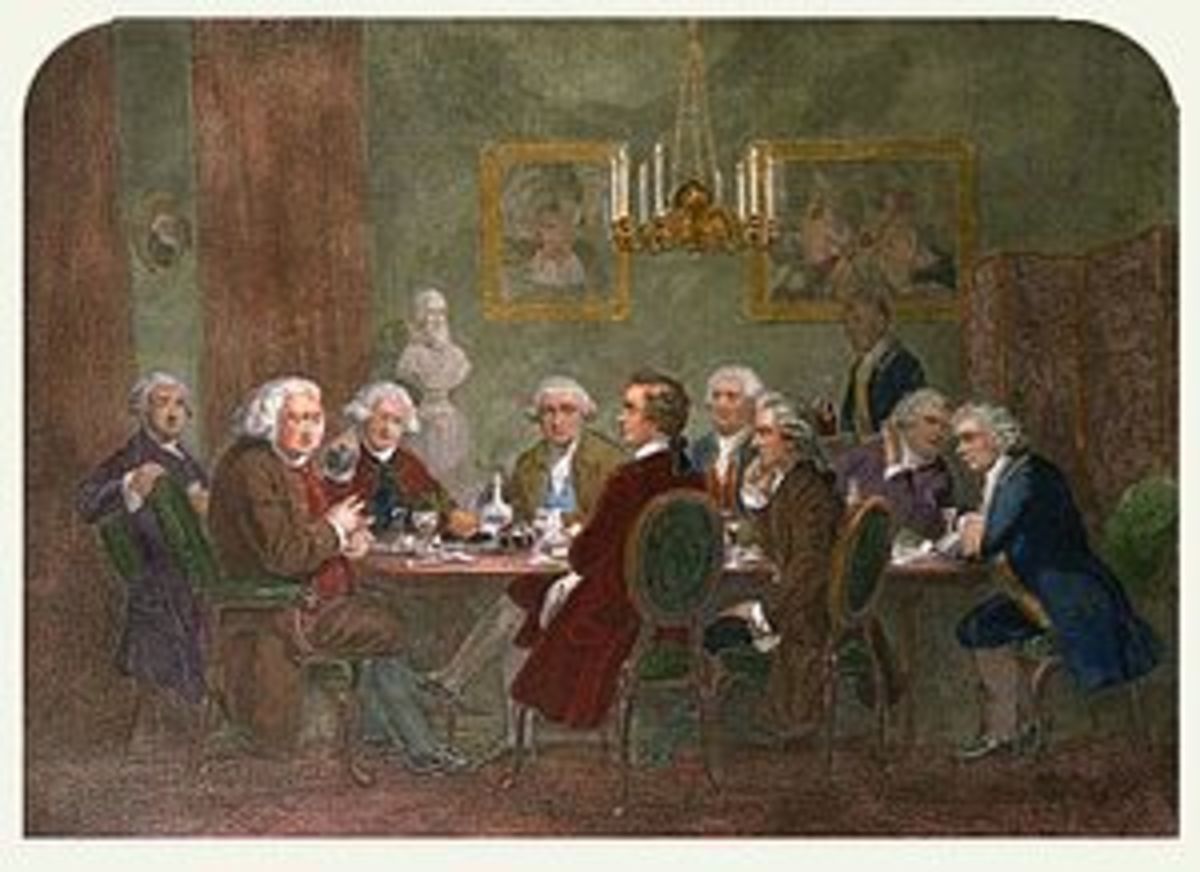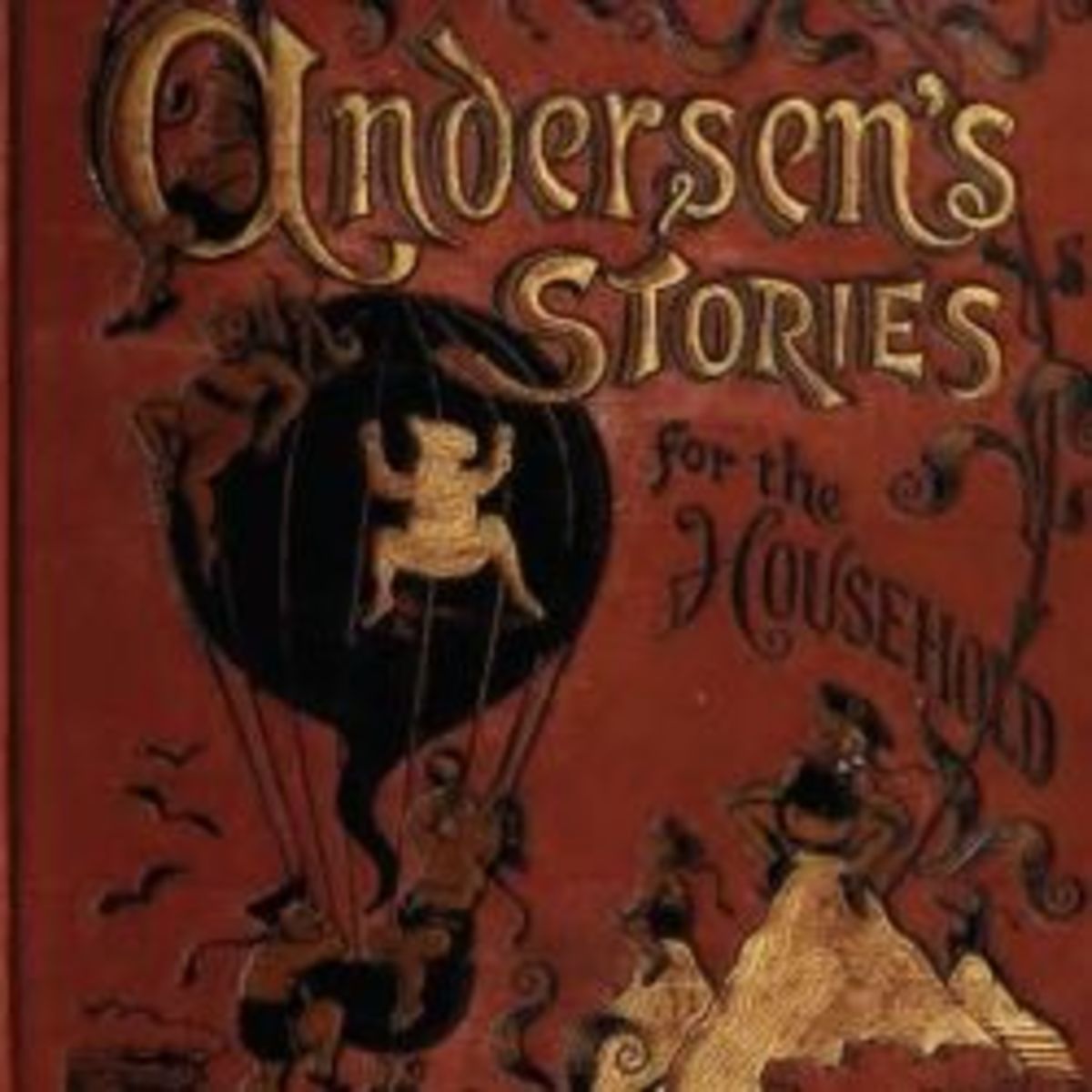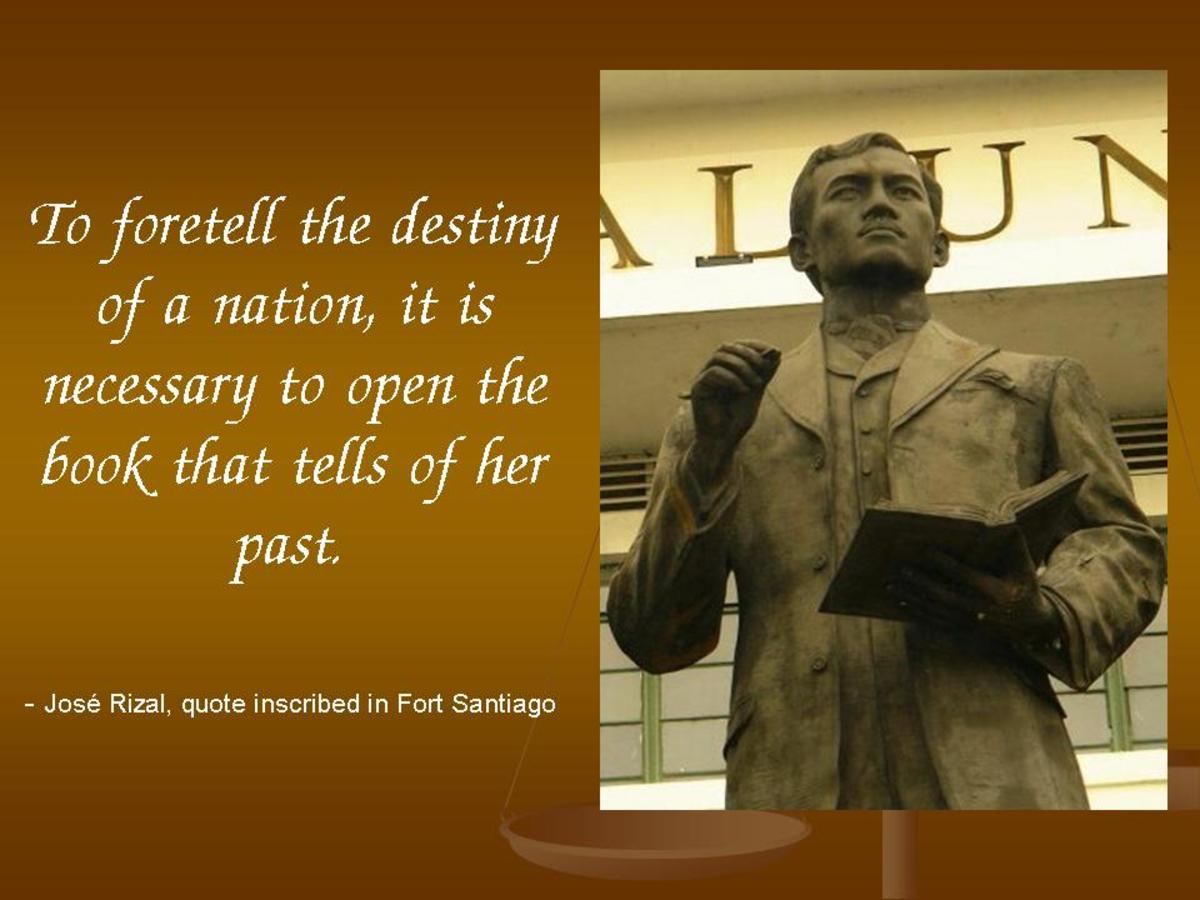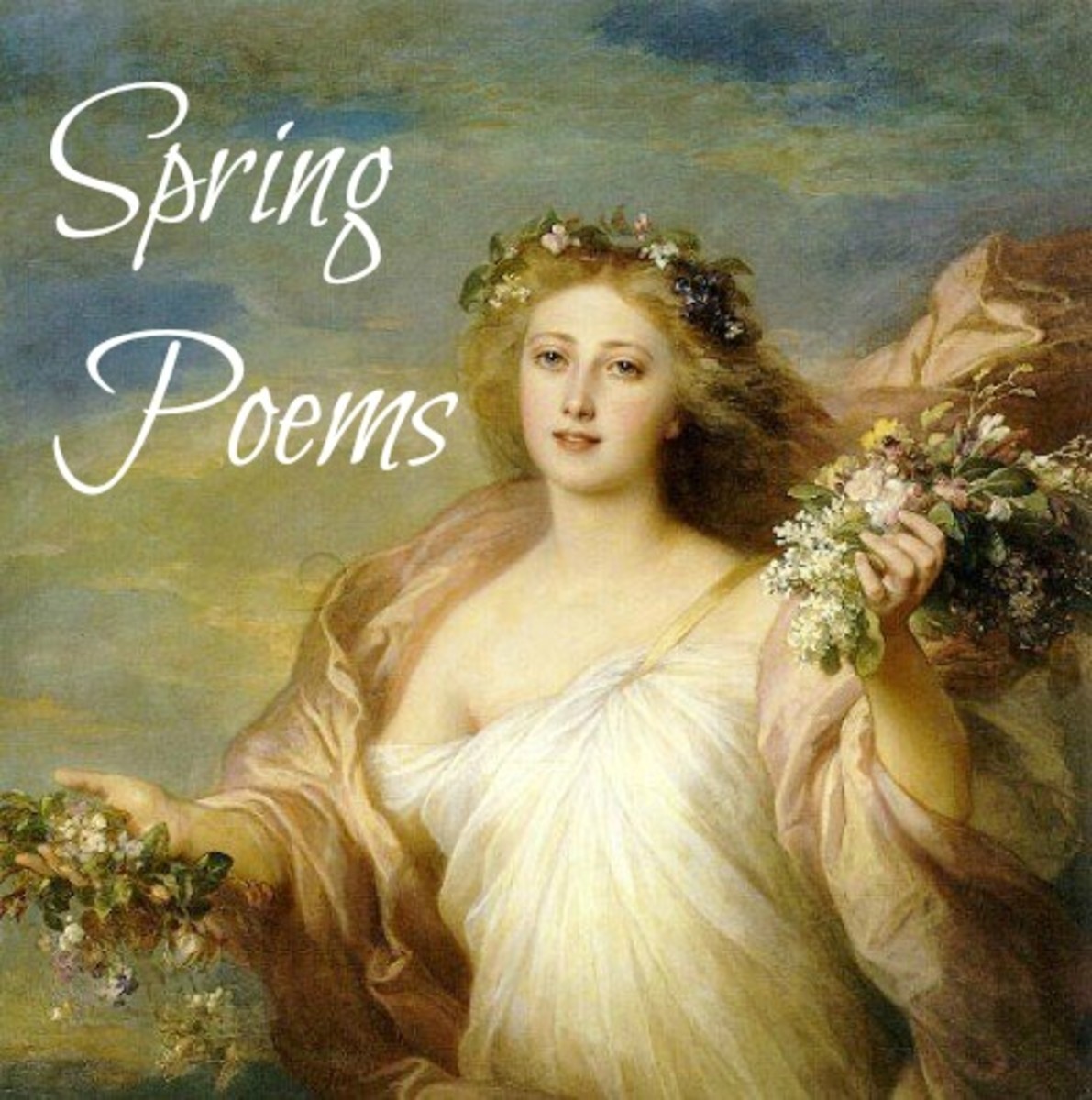Dr. Johnson - the Great Cham of Literature
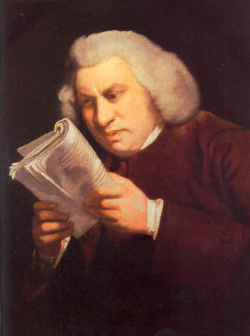
Dr. Johnson - the great Cham of Literature and Lexicographer supreme
Dr. Samuel Johnson was one of the most impressive cultural personalities of 18th century Europe. In his own life he became famous as an author of novels and bon mots, biographer of poets and as the man behind the first great dictionary of the English language.
In the 1760s he had become a literary icon and in 1764 he co-founded the Literary Club in London, a small social club which grew to include such celebrities as painter Joshua Reynolds, authors Oliver Goldsmith and George Colman, economist Adam Smith, actor David Garrick, historian Edward Gibbon and politician Edmund Burke.
Following his death he became possibly even more famous, due to the biography, the "Life of Johnson", written about him by his close friend James Boswell in 1791. The biography has been hailed as the first (and greatest) modern biography, and thus it has secured eternal celebrity status to both Johnson and his biographer.
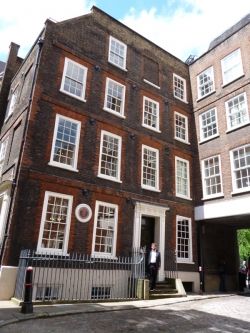
Dr. Johnson's House
where a Dictionary came to life
From Johnson's arrival in London in 1737 until his death in that city 47 years later in 1784, Johnson is known to have had about 18 different homes of varying sizes and quality during that time. Most of them were in the vicinity of Fleet Street, and one of them, a five story house built in 1700 by a wool merchant, stands to this day.
The location of the house is 17 Gough Square, and it is today owned by a charitable trust which keeps it open to the public. From Fleet Street enter the small alley by the legendary pub Ye Olde Cheshire Cheese, and you are almost there. I visited the place in 2012 and the pub and the house itself is a great combination for experiencing 18th century atmosphere in the middle of the City of London.
Johnson lived in the house from 1748 until 1759 and he compiled most of his Dictionary of the English Language (1755) in the building together with a number of clerks. The dictionary would not be surpassed in terms of authority and completeness until the first edition of the Oxford English Dictionary was completed - 173 years later, in 1928.
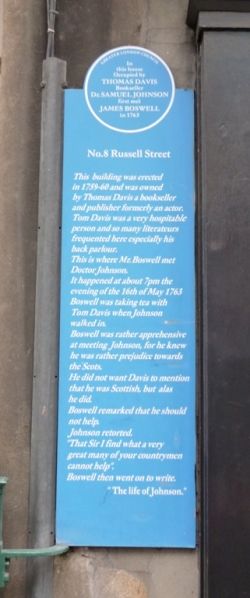
A Chance Meeting in a Bookshop
when Boswell met Johnson
On May 16, 1763 the young Scot James Boswell had tea in the back parlour of actor and bookseller Thomas Davies' bookshop near Covent Garden. Suddenly arrived without warning the great and famous Dr. Samuel Johnson.
Boswell had wanted to meet Johnson for some years, and had joined parties in the expectation that Johnson would be present, but now was the time - and Boswell was entirely unprepared. "Don't tell him I'm Scottish", he whispered to Davies, remembering Johnson's somewhat ambivalent perception of the northern part of the kingdom. Davies did exactly the opposite - with a great smile, he introduced Boswell to Johnson - "Meet young Mr. Boswell - he's from Scotland!" - Boswell (who could probably have kicked himself afterwards) made a vague apology for being Scottish, stating that (of course) he "couldn't help it". "That," Johnson said, "is what I find many of your countrymen cannot help!".
After their first meeting Boswell was gutted, convinced that he had missed out on the opportunity to cultivate an acquaintance with the Doctor. Thomas Davies, however, insisted that Johnson had quite liked the meeting (which, it must be admitted, had given him ample chance to give the witty ripostes that he excelled at). And so, a few weeks later, Boswell went to visit Johnson - not in the house in Gough Square, but nearby. And Boswell was invited to stay, even when some other callers left. When Boswell left London for Utrect in early August, just 2½ months after their first meeting, Johnson accompanied Boswell all the way to Harwich, just to take proper leave of his young friend. And a beautiful friendship, which lasted until Johnsons death in 1784, had begun.
The actual back parlour where the meeting took place is long gone, but the front of the building is still present at 8 Russell Street in the center of London.
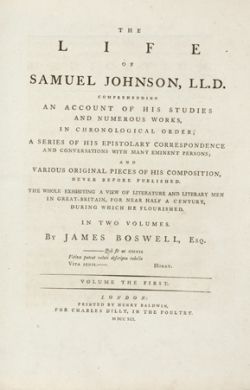
The Life of Johnson
Johnson's fame secured for posterity
Following Johnson's death in december 1784 a veritable race began between several of Johnson's friends and acquaintances to be the first to publish a biography of their late friend. And contrary to popular belief, Boswell's biography was by no means the first.
In 1786 Hester Thrale published her "Anecotes of the Late Samuel Johnson", which was however far from being a coherent biography of Johnson's life.
The first major biography (although much shorter than Boswell's) was published by Sir John Hawkins in 1787 - it is virtually unknown today, but is distinguished by having been written by a man who had known Johnson before he acquired the reputation which he had when Boswell first met him in 1763. Thus Hawkins' biography represents a somewhat less idealized picture of Johnson than is the case in other biographies written by Johnson's younger friends.
There was no love lost between Hawkins and Boswell and the latter wrote of Hawkins that "during my long intimacy with Dr. Johnson, I never saw [Hawkins] in his company, I think but once, and I am sure not above twice. Johnson might have esteemed him for his decent, religious demeanour, and his knowledge of books and literary history; but from the rigid formalities of his manners, it is evident that they never could have lived together with companionable ease and familiarity;"
Boswell took his time and made an immense effort to collect as many surviving letters, anecdotes, etc. concerning Johnson as possible. But what made Boswell's Life of Johnson the perfect biography, was Boswell's amazing memory and the journal which he had kept on and off since the early 1760s. This gave Boswell an edge, and made it possible for him to publish long (and many) conversations with Dr. Johnson almost verbatim in the biography, which made the subject much more present and real to the reader. On the other hand, this made the biography a bit unbalanced, as the last twenty years of Johnson's life - i.e. the years in which Boswell and Johnsons knew each other - took up much more than half of the voluminous biography.
Boswell's biography was fairly well received upon publication. Robert Anderson described it as "the most copious, interesting, and finished picture of the life and opinions of an eminent man", and Edmund Burke - a friend of both Boswell and Johnson - apparently recommended it to King George III. Several years later, Lord Thomas Macaulay, who was no fan of either Boswell or Johnson, still wrote that "Boswell is the first of biographers. He has no second. He has distanced all his competitors so decidedly that it is not worth while to place them."
The final twist came in the 1920s, 130 years after the book's initial publication, when a large cache of Boswell's personal papers, including letters and journals, were discovered at Malahide Castle north of Dublin, Ireland. The original journals, kept by Boswell with an apparently astonishing honesty (they were never meant for publication), confirmed and gave more context to the, by then, legendary biography of 1791.
It has been speculated that "without Boswell no Johnson, and without Johnson no Boswell" - without the other, both would be virtually unknown today, despite their respective merits and standing in the 18th century. The two friends served to enhance each other for posterity to an extent than no one could have imagined when they first met on May 16, 1763 in London.
Johnson in art and fiction
Johnson has been portrayed numerous times on television and as character in fiction.
The actor most identified with Johnson is probably Robbie Coltrane (Harry Potter's Hagrid), who has portrayed him twice. The first time - and the one probably best known to a broader audience - was in "Ink and Incapability", the second episode of TV series Black Adder the Third (1987). The servant Baldrick had accidentally burned the only copy of Johnson's dictionary (pre-publication), and Blackadder had just one week to re-write it.
Coltrane repeated the role although in a completely different setting, in the 1993 TV movie "Boswell & Johnson's Tour of the Western Isles", based on a real journey which the pair undertook in 1773, and which both of them subsequently published books about. This is slightly more based in facts and real events than the Black Adder episode, although a fair amount of artistic freedom was also admitted in the screenplay. Boswell was portrayed wonderfully by John Sessions.
Johnson also appeared in Lillian de la Torre's short stories about "Dr. Sam: Johnson, Detector" - a total of 33 of them were published beginning in the 1940s. The stories are basically Sherlock Holmes-like in style, but with Holmes and Watson replaced by Johnson and Boswell, and the stories taking place about 150 years earlier than is the case with Conan Doyle's famous detective. Some of the stories are further inspired by real events and characters mentioned in the Life of Johnson and in Boswell's journals.
Johnsonian links
There exists a large number of online ressourcer about Samuel Johnson, his associates, his works and his times. Some are made by hobbyists such as myself, others are made by professional institutions, etc.
- Dr. Johnson's House
Homepage of Dr. Johnson's House and its museum. - jamesboswell.info
A large ressource focused mostly on Johnson's biographer James Boswell but containing also biographies and articles on a lot of persons associated with Johnson - The Samuel Johnson Sound Bite Page
A massive collection of Johnsonian quotes, although some are aprocryphal without being acknowledged as such on the site
Johnsonian titles - from Amazon
Johnson was a prolific writer, who published numerous works of fact and fiction in his own lifetime. Following his death in 1784 a number of biographies were written about him, most known of which is the 1791 biography "Life of Johnson" by James Boswell. Many of these works are available even to this day and are still being re-printed and re-edited from time to time.








